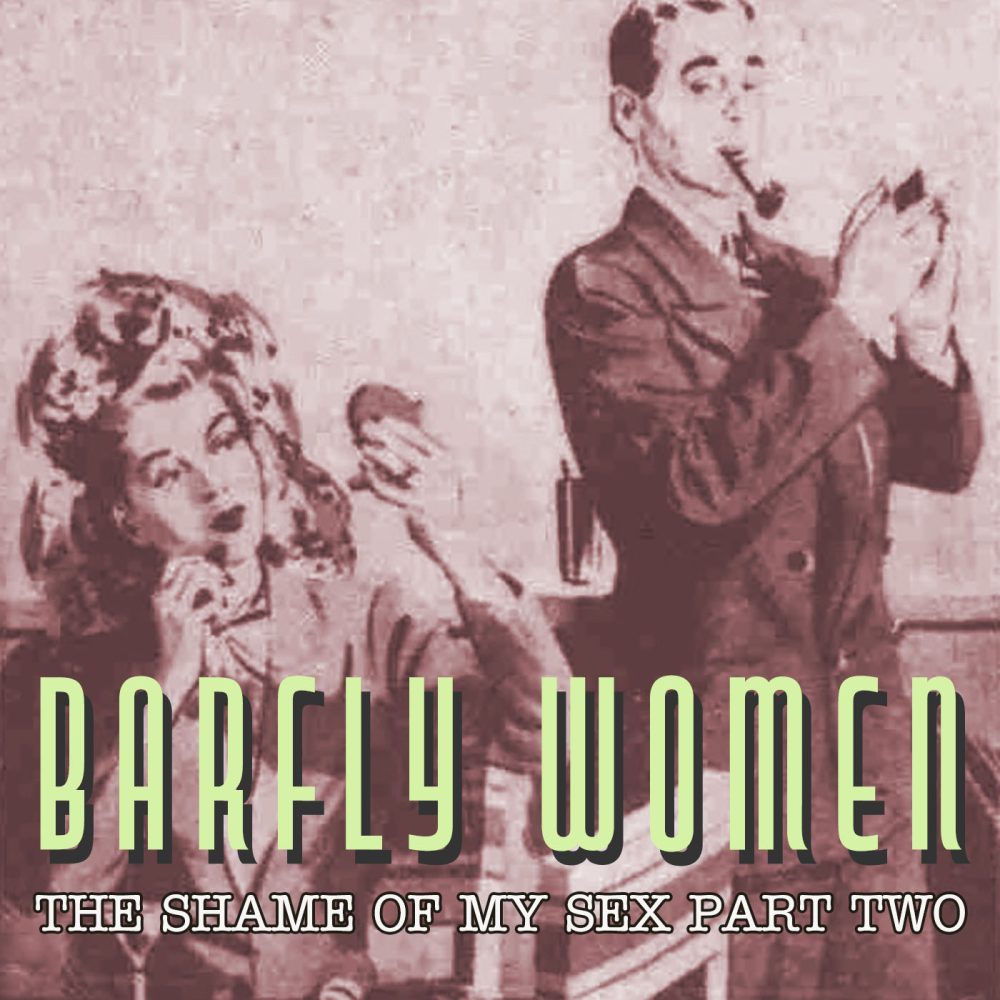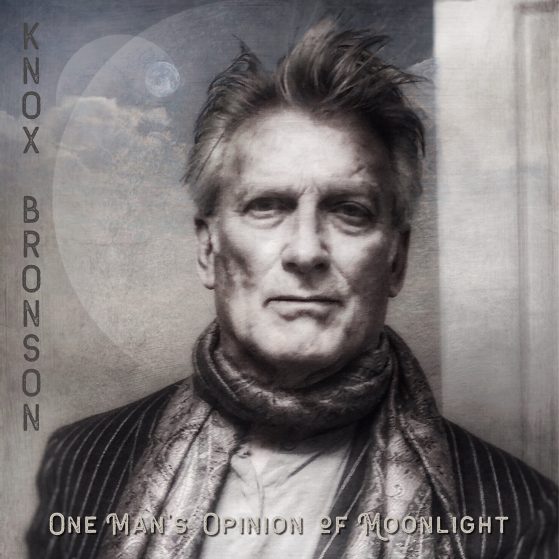
Welcome back, Frisco fans! You’re tuning into Part Two and the conclusion of our deep dive into the San Francisco Examiner‘s 1944 sensation: “WOMEN IN SALOONS—The Shame of My Sex,” by the legendary, if controversial, author Gertrude Atherton. If you missed the start, you definitely want to go back and listen to Part One! This episode picks up where we left off, following Atherton’s increasingly frantic, first-hand reports as she descends from the glittering “Top of the Mark”—where she finds “all…attending strictly to business” in the gloom—down to the “second rate” clubs. She’s on a mission to document the moral “menacing breakdown of Feminine Morals in Our Brawling Barrooms.” Things get louder, darker, and in her estimation, much uglier, with reports of “lewd” remarks and women “leaning heavily on the men” in crowded, raucous nightclubs.
Atherton, an 86-year-old self-proclaimed lifelong teetotaler, continues her survey of San Francisco’s wartime nightlife, moving from the crowded dance halls to the more respectable cocktail bars frequented by women after a hard day’s work. She actually offers a rare moment of nuance, distinguishing between the girls who are “out for the best that life has to offer” and the “frustrateds on the loose,” seeking only an expensive fling. However, her true disdain is reserved for the affluent, blowsy women drinking from 11 AM to midnight in Marina bars, whose children wander in begging for dinner. This segment culminates in Atherton’s final, scathing assessment where she concludes that the majority of these “degraded women are fools—possibly morons” who lack the mental discipline to handle their newfound wartime “freedom” and turn into “human tanks.”
The conclusion of Atherton’s crusade isn’t about mere disapproval—it’s about a proposed societal cure. After rejecting prohibition as a remedy, she argues that these “fools are superfluous” and suggests they should be allowed to “drink themselves to death and the sooner the better,” or else be “shut them up in institutions.” Yikes. She then pivots to what she sees as the real problem: the children. Atherton makes a final, passionate appeal for saving this “new generation” by establishing large, comfortable country colonies with schools, proper care, and “personal affection” from “intelligent, motherly women.” It’s a wild, shocking ride from a woman whose history includes links to eugenicist ideas and a clear sense of white supremacy. Join us for this final, unsettling look at a major San Francisco media event of 1944.
FOR A COMPLETE TRANSCRIPT AND REFERENCES, GO TO FRISCO—THE SECRET HISTORY

